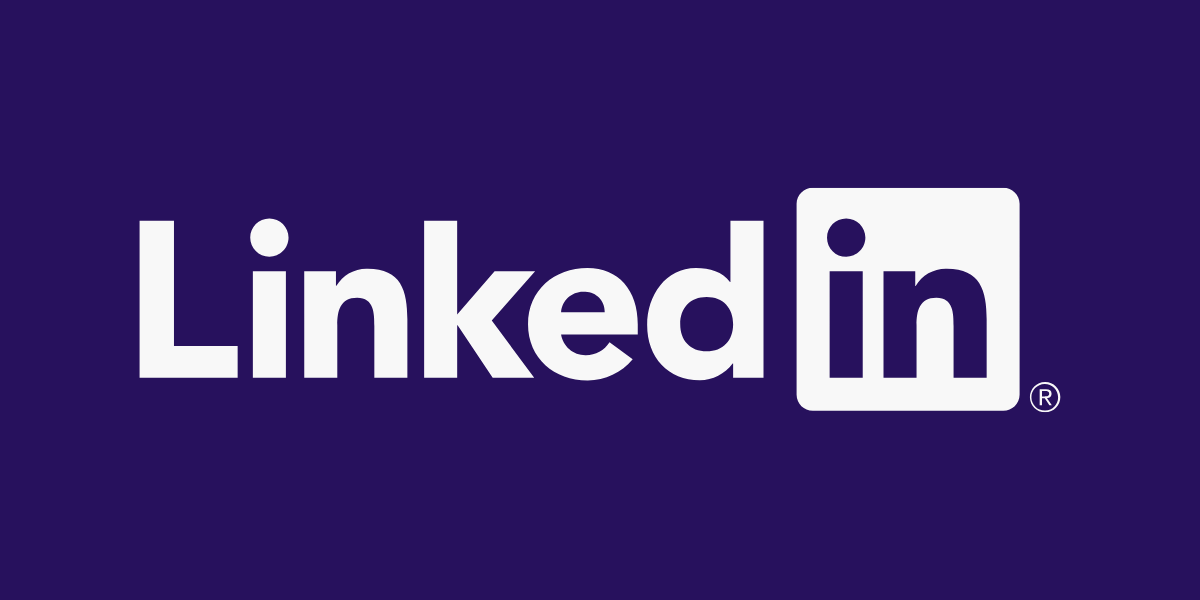As the holiday season concludes, a familiar pattern emerges—employees reflecting on their careers and seeking change. January often brings a notable increase in resignations, commonly referred to as the “January resignation rush.” This shift can present a significant challenge for HR leaders, with job applications rising by 22% during this time, increasing competition for talent and creating potential workforce gaps.f
Why January Sees a Resignation Spike
Several factors drive this seasonal trend:
Fresh Year, Fresh Ambitions
The start of a new year prompts employees to reassess their goals and job satisfaction. For many, this period of reflection leads to seeking roles that better align with their personal and professional aspirations.
Post-Holiday Perspective
Returning from the festive break often provides clarity for employees. While some come back rejuvenated, others may feel the need for change. The combination of post-holiday burnout and a return to demanding workloads can amplify existing dissatisfaction.
Timing and Strategy
For some employees, January is the perfect time to move, often following the receipt of year-end bonuses or completion of performance reviews. This strategic approach allows them to transition with a financial cushion.
The Financial Impact of January Departures
Beyond the disruption, turnover during January can carry significant financial implications:
- Increased Turnover Rates Across Sectors: Many industries see a notable rise in employee turnover during this period, with resignation rates often peaking early in the year.
- Cost of Replacing Employees: Replacing an employee earning £25,000 annually can cost an organisation approximately £30,614, considering recruitment, training, and lost productivity.
- Impact on Productivity: It typically takes around 28 weeks for a new employee to reach full productivity, during which time the organisation may experience reduced output.
Strategies to Minimise the Impact
While it may not be possible to entirely avoid a spike in January resignations, there are practical steps HR leaders can take to mitigate the effects:
Prioritise Employee Support
Expand wellbeing programmes to include mental health resources, career development, and talent mobility options. Providing support during the post-holiday period can reduce stress and burnout, which are key drivers of resignations.
Focus on Career Progression
Show employees a future within your organisation. Whether through structured training programmes, clear pathways for advancement, or internal promotions, supporting career growth can improve retention and engagement.
Proactively Address Burnout
Burnout remains one of the most cited reasons for leaving. Flexible working options, realistic workload management, and wellness initiatives can help employees feel more supported and less inclined to seek change.
Strengthen Workplace Belonging
Employees who feel valued and connected to their team are less likely to leave. Foster a culture of inclusion through recognition programmes, team-building activities, and meaningful feedback to keep employees engaged.
Building a Personalised Retention Strategy
Generic solutions often miss the mark. Tailored strategies based on individual employee needs and aspirations are far more effective. By investing in understanding what motivates your team, HR leaders can create a more resilient, satisfied workforce.
Conclusion
The January resignation trend is a challenge, but it’s also an opportunity to strengthen your approach to retention. By focusing on personalised engagement, career development, and a supportive culture, HR leaders can not only reduce the impact of January departures but create a workplace where employees thrive all year. The key is preparation—now’s the time to assess and refine your retention strategies.
How Mase Consulting Can Assist
At Mase Consulting, we understand the challenges of sudden staffing shortages and the critical need for swift, effective recruitment solutions. Our service offering is designed to support your organisation with flexible options that suit different budgets, timelines, and levels of hiring complexity:
- Retingency Recruitment: A structured, consultant-led search that provides some of the key benefits of our retained service, including proactive headhunting and a dedicated account manager — all with no upfront costs and payment only upon successful placement.
- Retained Recruitment: A strategic, director-led partnership for critical or niche hires, including full market mapping, behavioural assessments, and complimentary salary benchmarking for the role.
- Ready-to-Go Talent Acquisition Team: A six-week embedded recruitment service providing dedicated, high-volume hiring support — with behavioural assessments and salary benchmarking included.
With over a decade of experience and a 92% placement success rate, we’re confident we can help you navigate your hiring challenges.
For more information on how our services can support your recruitment needs,give us a call on +44 (0)161 870 5000, or book a discovery call at a time that suits you here.




